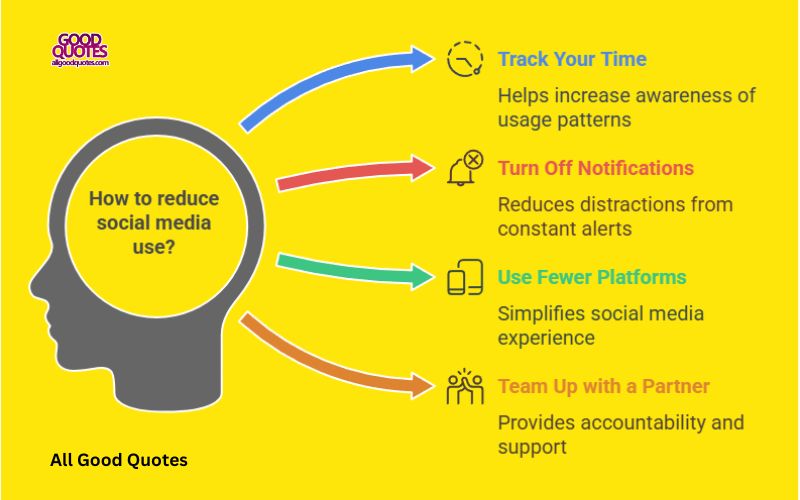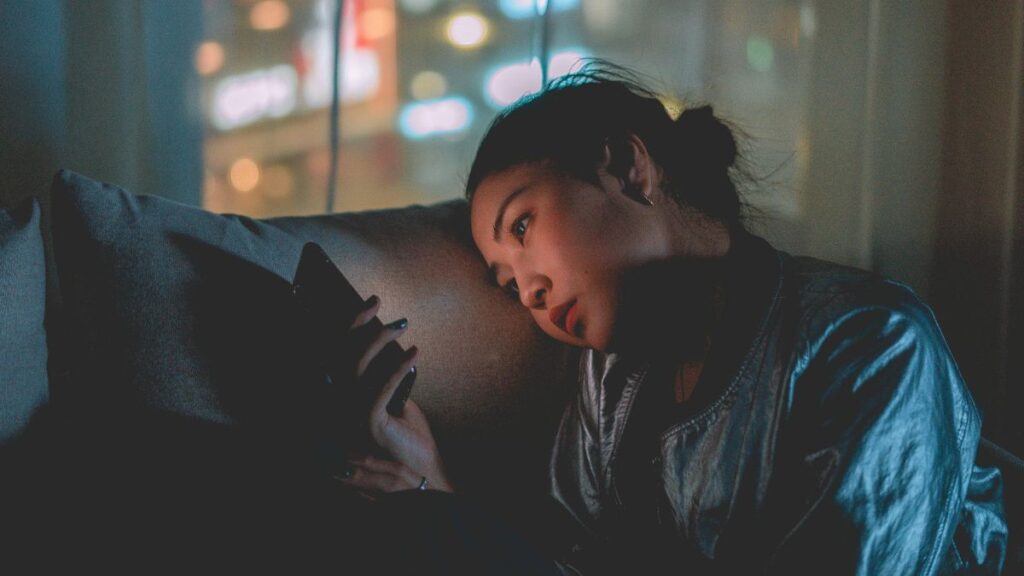Today, many people use social media platforms like Facebook, Instagram, TikTok, and YouTube to stay connected. Social media has lots of benefits, but it cannot replace real-life human interaction. Person to person contact releases hormones that reduce your stress and make you feel happier.
In Details
Human beings are social by nature. We need connection with others to live happy and healthy lives. Strong relationships can reduce stress, anxiety, and depression. It can boost your self-esteem, bring joy in your life and help you feel less lonely. Good connections can help you live longer.
On the other hand, a lack of social connections can harm your mental and emotional health.
Ironically, spending too much time on social media can make you feel lonelier. It can increase feelings of anxiety and depression.
If social network is making you feel sad and lonely, it might be time to change your habits. Finding the balance between real life and social media, can help you feel better and improve your mental health.
Today, social media is a big part of our lives. It helps us connect, share, and learn. But it also has some cons, especially for young adults.
Many young people feel anxious because of social network. They compare their lives to like the posts shown. These posts often show only their best moments, not real life.
Also, negative interactions, like cyberbullying, can hurt mental health. On the other hand, positive comments can make people feel good.
Scrolling for hours without a any purpose can also increase stress. It can make you feel like wasting time.
Tips to Reduce Social Media Use

Here are some simple tips to manage your use:
Track Your Time:
- Check how much time you spend on social media.
- Use apps to monitor your usage.
Turn Off Notifications:
- Stop constant alerts to reduce distractions.
Use Fewer Platforms:
- Focus on one or two platforms instead of many.
- This can simplify your social media use.
Team Up with a Partner:
- Find someone to join you in this challenge.
- They can encourage you and keep you accountable.
Set Time Limits:
- Choose a specific time each day for social media.
- Use a timer to stick to your limit.
Schedule Offline Time:
- Pick times during the day or week to stay offline.
- Use this time for other activities.
Take Breaks:
- Try a day or more without social media.
- Short breaks can help you reset.
Small changes can make a big difference in your mental health. Start with single tip and see the result how it works for you!
Literature Review
Many researchers have studied the link between social media and mental health. Here is key findings:
- Keles, McCrae, and Grealish (2020):
- Scrolling without interacting (passive browsing) leads to more anxiety and depression.
- Comparing yourself to others can cause feelings of jealousy and inadequacy.
- Twenge and Campbell (2018):
- Social comparison on social media raises stress and lowers self-esteem.
- It also increases anxiety in young adults.
- Przybylski et al. (2013):
- They introduced “fear of missing out” (FOMO).
- FOMO is the worry that others are enjoying life without you.
- This feeling is linked to more anxiety.
How to Stay Healthy Online
- Understand social network: Remember that most posts are highlights, not the whole story.
- Focus on Positive Interactions: Share kindness and support others online.
- Limit Screen Time: Take breaks from your phone. Spend time doing other things you enjoy.
Social media can be a good thing if we use it wisely. These studies show how social media affects mental health. They highlight the need for strategies to reduce its negative impact and promote positive use.
References:
Tripathi, A. & Jain, N. (2024). Social Media Usage and Its Impact on Anxiety in Young Adults. International Journal of Indian Psychology,12(4),2144-2148. DIP:18.01.205.20241204, DOI:10.25215/1204.205
Twenge, J. M., & Campbell, W. K. (2018). Associations between digital media use and psychologicalwell-being:EvidencefromasampleofU.S.youngadults.AmericanJournalof Psychology, 85(3), 135-150.

